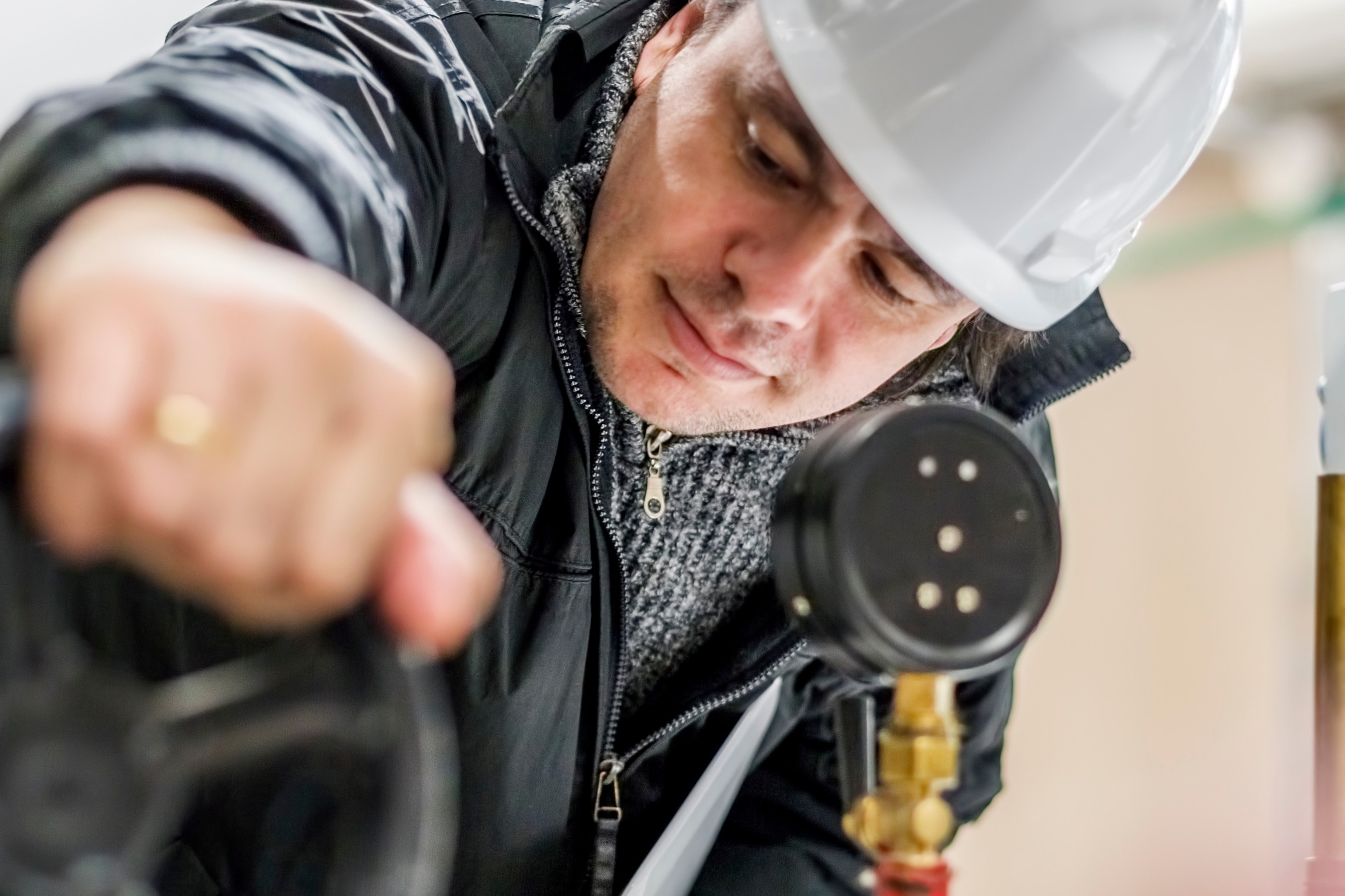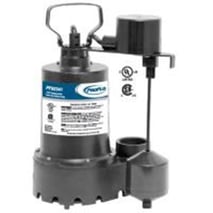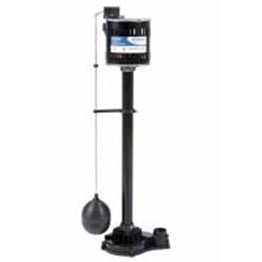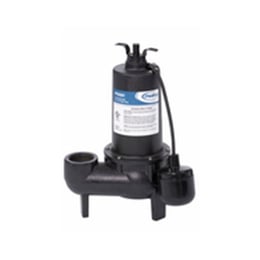Wolseley PRO Pipeline Blog
Today, we’ll answer a common question in plumbing and liquid-based applications: What type of pump should I use for the job?
To answer this question, it’s important to understand that there are many aspects to choosing the right pump for the job based on what you need in flow, pressure, suction, gravity, temperature, outcome and more. These needs will help you determine if you need a centrifugal pump or a positive displacement pump. But the decision also depends on the application for the pump such as a sump pump water disposal, a pump for sewage disposal, a pump for chemical disposal, a pump for water irrigation, and a pump for pond recirculation.
Types of Water Pumps
Pumps are generally divided into two groups—centrifugal pumps and positive displacement pumps.
Centrifugal pumps are frequently used in many plumbing, agricultural and water applications. They rely on the torque produced by rotating impellers that are placed within the fluid, and a suction that draws fluid inside. The rotation produces momentum causing an increase in the flow of fluid, pushing the fluid through a discharge port. The energy produced by a centrifugal pump is not constant and is determined by the rotation of the impellers.
On the other hand, positive displacement pumps can be described as constant flow machines. They work by containing a certain amount of fluid. Once this maximum amount is contained, the fluid is considered under pressure and the valve to discharge the liquid must open. Because of this fixed type of operation, positive displacement pumps are useful for applications that rely on a measurable volume of fluid.
The two main groups of positive displacement pumps are rotary and reciprocating pumps. Reciprocating pumps, like the ones found in toilets, use plungers and pistons to fill in a cavity, whereas rotary pumps have a rotor that rotates through the cavity drawing in the fluid and pushing it out through the spaces created in movement.
Selecting The Right Pump
Selecting the right pump for the job depends on what the pump is used for and the operating costs. It’s important to determine what you need out of your pump before you purchase one for the job or make suggestions to clients. One good place to start is by examining its Net Positive Suction Head of the pump.
The Net Positive Suction Head (NPSH) is the calculated difference between inlet pressure and the lowest pressure level inside the pump. This information is always made available by the manufacturer of the pump. It’s always a good idea to choose an NPSH that is 0.5m more than what is required for the job. Find out more about NPSH here.
Other questions to answer when selecting the right pump for the job include:
- What will be transported through the pump? For example, if you need to transport chemicals through the pump, you will need a positive displacement pump to release a measurable amount of liquid, ensuring reliability.
- Are there energy efficiency requirements you must meet? If you are working on a project where energy efficiency is key to the brief, make sure you’re choosing a pump to get the job done in these standards.
- What is the overall operating cost for the pump and how does this justify its long-term use?
Pumps For Different Applications
Knowing what types of pumps are needed for different plumbing applications can make your job easier. Let’s focus on sump pumps, sewage pumps, chemical pumps, irrigation pumps and pond pumps.
Choosing Sump Pumps
Sump pumps are essential to keeping a home or building dry. A sump pump draws out water leaching through the soil surrounding or under a home’s foundation into a sump pit. There are two styles with a submersible being completely immersed into the pit while a pedestal style having the motor above the pit. Most common sump pumps today are the submersible style.
Shop sump pumps on Wolseley Express, including PROFLO 3/10 Submersible Sump Pump and PROFLO 1/3 HP Thermoplastic Pedestal Sump Pump.
Read more about sump pumps here.
Choosing Sewage Pumps
Unlike sump pumps, sewage pumps need to move more than liquid. Sewage pumps are attached to plumbing fixtures and draw both liquids and solids into the pump, where solids are broken down. The key is to choose a pump that can do this effectively without clogging. Sewage pumps are similar to sump pumps in the sense that they use centrifugal force but have macerating blades to break up solids. In a home, sewage pumps are immersed into a sewage basin which is fully sealed to prevent any contamination.
If your job includes installing a sewage pump and connecting to a city’s sewage line, make sure to do your research before digging. Find out where the connection needs to run before you start digging or you can run into messy problems. You may also need a permit before you begin to avoid fines or accidents.
Shop sewage pumps, like PROFLO ½ HP Cast Iron Sewage Pump on Wolseley Express.

Choosing Chemical Pumps
Chemical pumps are designed to safely manage the movement of chemicals. They are often designed with meters to determine an accurate measurement of chemicals flowing through, helping the industries that use them, track of what’s being disposed of. Chemical pumps are common for water treatments plants, chemical processing plants, and agricultural systems.
Knowing the flow rate of the liquid, the operating environment of the pump, the chemical composition, pump materials and the capacity of the pump can help you determine exactly what you need. The more information you have about the intended use of the pump, the more accurate your selection becomes.
Also, keep in mind you should choose a chemical pump with a leak protection mechanism to prevent chemical accidents in the event the pump malfunctions.
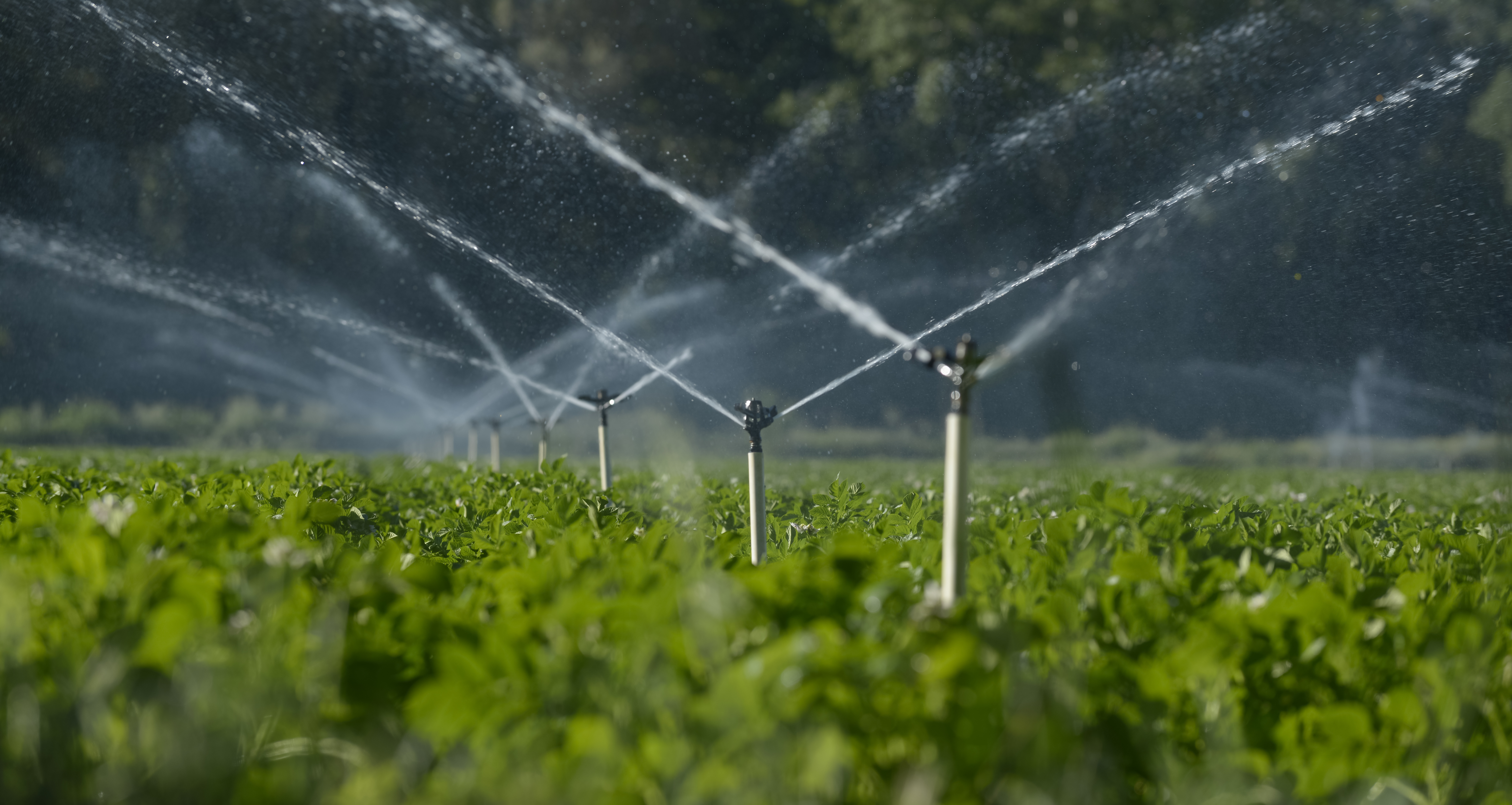
Choosing Irrigation Water Pumps
Irrigation pumps and irrigation systems have a wide variety of uses. They can be seen in farming operations and golf courses, all the way to residential homes gardeners for those who enjoy having their lawn watered on a set schedule.
Irrigation pumps typically use centrifugal force in a submersible pump to push water from the ground level to something above ground level ,like a pipe to a sprinkler.
It’s important to also do some math and research before digging an irrigation system. First, determine what area will be irrigated and the length of pipes you need to cover this area. It’s also important to determine the water pressure coming from the pump. Determine the pounds per square inch (PSI) and water supply dimensions to determine a flow rate. Finally, determine if a variable speed pump is required and what accessories such as valves and discharge pipes need to be added.
Check if your area has regulations concerning irrigation systems, or if you need a backflow preventer and specific pipes. Make sure you plan your intended flow rate and choose an irrigation pump and system that can handle it.
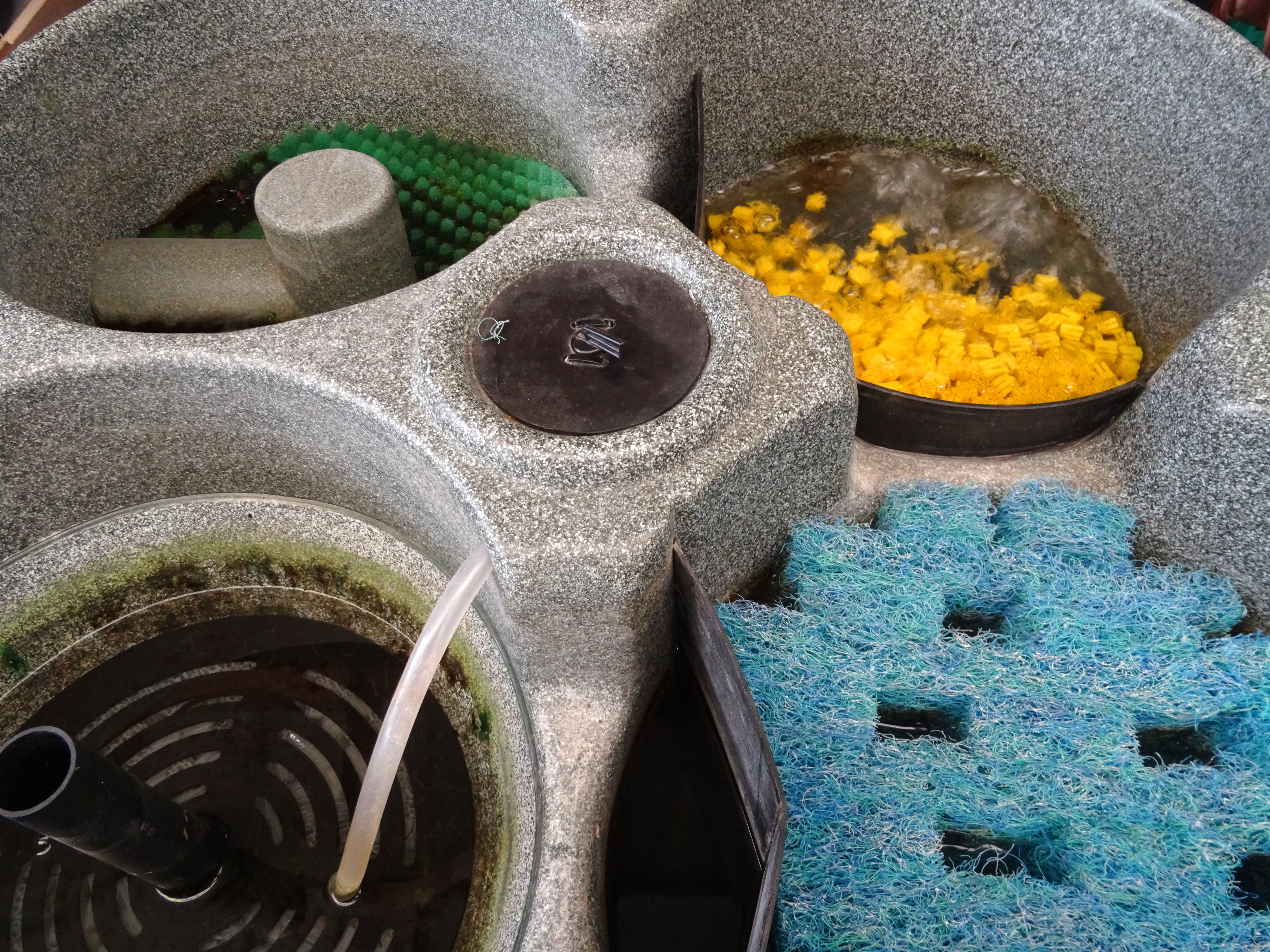
Choosing Pond Water Pumps
Pond pumps are necessary for larger outdoor water installations as well as residential backyard water features. Most ponds require constant water pump movement to keep the water aerated for fish and aquatic life. When choosing a pump for the job, the main goal is to pick a pond pump that can recirculate the entire content of the pond’s water every two hours.
To figure out the power needed in your pump, first, establish the volume of water in the pond and what size of pipes are being used to push the water through. It’s also important to choose a pump and filtration system that fish and plants will benefit from. Aquatic manufacturers may have recommendations based on aquatic life you choose.
This pond pump guide can give you a rough idea of what type of pump you need, but it’s best to consult an aquatic store or a professional pond installer.
View all pumps available on Wolseley Express here.
More Tips on Pumps and Plumbing
Choosing the right pump for the job is important and we hope this guide gives you valuable tips to help in various applications. For tips on water pumps, plumbing and more, become a WOLSELEY PRO. Sign up to receive tips, news and product information right to your inbox.

